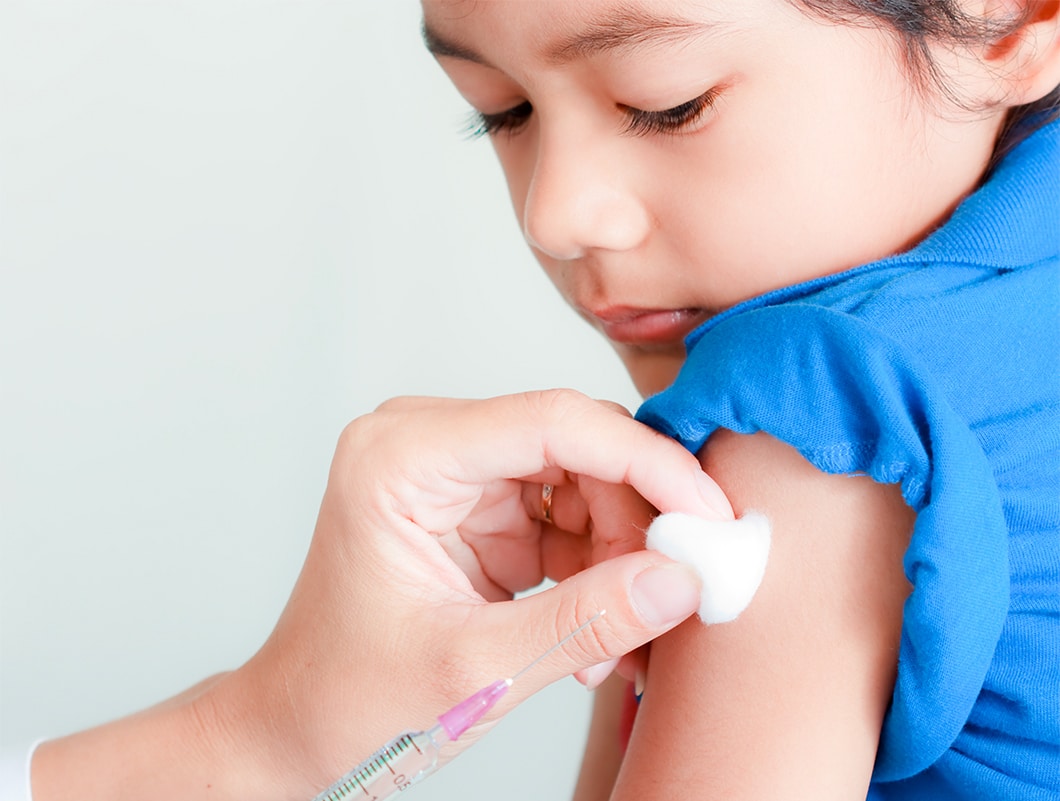
A Prickly Subject
When a 1998 study citing a link between vaccines and autism made headlines, the news quickly spread. Soon, a sense of fear over vaccinations — beyond the fear of needles — replaced what had previously been a non-issue for most. The controversial study was later retracted by the journal that published it, and its authors were heavily censured, with the primary researcher, Andrew Wakefield, barred from practicing medicine in the U.K. Still, the belief persists that vaccines cause autism. They don’t.
Despite being debunked by other studies, including nine funded by the U.S. Center for Disease Control (CDC), this mistaken belief that vaccinations lead to autism is making its way into public policy. If reports prove to be true, the Trump administration might set up a White House vaccine safety commission. While anything designed to ensure safety may sound on the surface like a good thing, this commission could have the opposite effect as many believe the purpose of the panel would be to question vaccine safety and attack the immunization standards set by the CDC.
The man who claims he would be chairing this committee, environmental lawyer Robert F. Kennedy, Jr., reportedly met with President-elect Donald Trump last week to explore the idea. While this vaccine committee hasn’t been confirmed yet, the possibility that one is in the making is unsettling for public health experts and autism advocates.
Trump himself has tweeted in the past about how he believes vaccines lead to autism (though he is often inconsistent in his opinions on the subject). A potential anti-vaccine effort with presidential backing could further damage public confidence on the safety of vaccines —not to mention lead to possible epidemics of all-but-eradicated diseases.
Vaccines Don’t Cause Autism
“We have dozens of studies examining autism and vaccines, and they don’t show a link,” Alison Singer, president of the Autism Science Foundation, a nonprofit that supports autism research, told Scientific American. “My fear is that people will think that we have not done these studies. That fear alone could lead people to withhold vaccines from their children.”
Already, some parents are refusing to have their children vaccinated based on this fear, and it’s affecting more than just those families. One example is the measles outbreak in 2014-15 that started at Disneyland in Anaheim, Calif., and spread to other cities and towns, ultimately causing 125 people to fall ill. In the areas where the disease spread, vaccination rates were as low as 50 percent and no higher than 80 percent. The journal Pediatrics has reported an overall increase in the number of pediatricians who have encountered parents who refused to vaccinate their children, from 74.5 percent of pediatricians in 2006 to 87 percent in 2013.

Image credit: Creative Commons / Via Flickr: julien_harneis
But the science is clear. There has been no confirmed correlation between inoculations and autism. As mentioned, the original study behind the idea has been debunked and its author discredited, so there is no reason to fear vaccines, nor is there a need for a committee that would just hype up this fear while appearing to be scientific.
“I can’t think of a past example of a president creating a commission on an issue where the agenda seemed to be so far out of the mainstream,” Jordan Tama, an assistant professor with American University’s School of International Service, told Scientific American.
This is an example of how better science should be behind policy-making in government. Sadly ironic, though, that so many are quick to believe that a link between vaccines and autism exists — something thus far impossible to observe — but we still have such a significant portion of the population in denial about man-made climate change, despite the overwhelming evidence.